- Armor Blog
- Products
- How to Choose the Right Diesel Engine Oil?
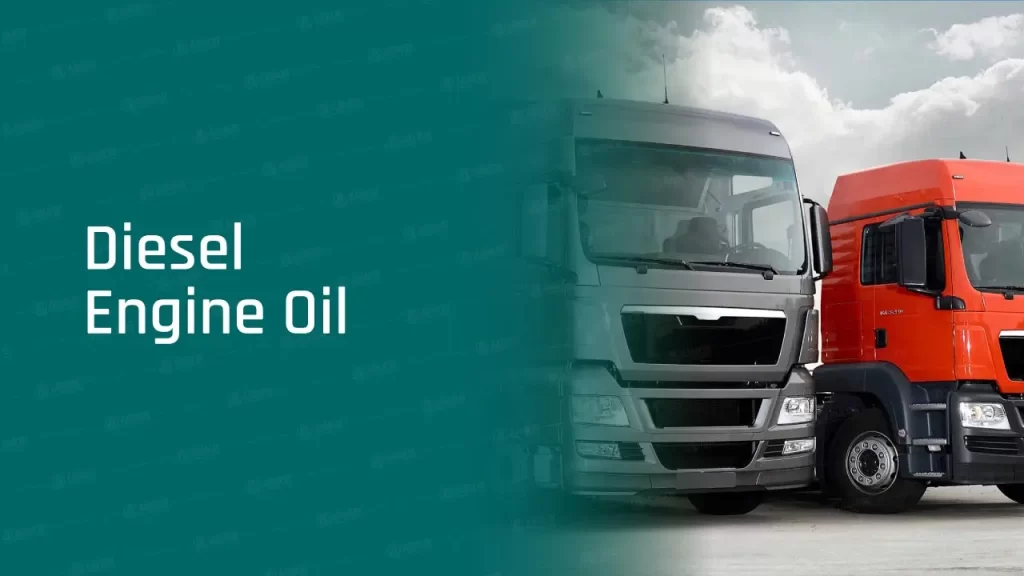
When selecting diesel engine oil, prioritize your manufacturer’s recommendations first. Look for API standards like CK-4 or CJ-4 that match your engine’s requirements. Choose the right viscosity (like 15W-40 or 5W-30) based on your climate—lower first numbers for colder temperatures, higher second numbers for hotter conditions. Consider synthetic oils for better protection and longer change intervals. Your diesel’s longevity and performance depend on these critical details.
How to Choose the Right Diesel Engine Oil?
When selecting diesel engine oil for your vehicle, understanding the manufacturer’s specifications should be your first priority. Always look for API standards like CJ-4 or CK-4 that match your engine’s requirements for ideal engine protection.
Follow your engine manufacturer’s guidelines first and foremost when choosing diesel oil to ensure optimal protection.
Choose the appropriate viscosity grade based on your operating conditions. Heavy-duty diesel engines typically perform well with 15W-40, while 5W-30 works better in colder climates, ensuring proper flow at all operating temperatures.
Consider your driving environment when deciding between synthetic vs conventional options. Synthetic formulations offer superior performance in extreme conditions but come at a premium.
Don’t overlook oil certification markings that confirm compliance with industry standards. Additionally, ensure the oil meets specifications such as API CI-4/SL performance to guarantee exceptional performance and engine protection.
Finally, stick to recommended oil change intervals to maintain peak engine performance and extend your vehicle’s life.
Understanding Diesel Engine Oil Classifications and Standards
Understanding diesel engine oil classifications might seem overwhelming, but grasping these standards is crucial for proper engine maintenance.
The API classifications represent a sequential system where higher letters (like CK-4 compared to CJ-4) indicate advanced protection and compliance with modern emission systems.
When selecting diesel engine oils, pay attention to:
- API classifications: Newer standards (CK-4) offer superior high-temperature stability and better protection for engines with DPFs and EGR systems
- SAE viscosity grades: 15W-40 or 10W-30 designations help match oil to your operating conditions
- OEM recommendations: Manufacturer specifications may require specific performance standards beyond API classifications
Additionally, ensuring your oil has superior lubrication and protection helps extend the life of critical engine components and improves overall performance.
Remember that engine compatibility depends on matching the right oil standard to your diesel engine’s design and emission control systems, especially for newer models requiring essential protection.
Decoding Viscosity Ratings for Diesel Engines
Interpreting those cryptic numbers on diesel engine oil containers reveals crucial information about how the oil will perform in your engine. The viscosity ratings like 10W-30 or 15W-40 tell you how your diesel engine oil behaves across temperature ranges.
Those cryptic numbers on diesel oil containers aren’t just marketing—they’re your key to matching oil performance with your engine’s needs.
The number before “W” indicates oil flow at cold temperatures—lower numbers like 5W or 10W mean better cold starts in winter. The second number shows thickness at engine operating temperature—higher values like 40 provide better protection when your engine runs hot.
Multi-grade oils give you freedom to operate across seasons. For example, 15W-40 offers good cold start capability while maintaining thickness during hot operation.
Your oil selection should match your climate and driving conditions for optimal engine protection and performance. Choosing oils formulated with exceptional wear protection can significantly extend engine life and improve overall performance.
Synthetic vs. Conventional: Which Oil Type Is Better for Your Diesel
The selection between synthetic and traditional diesel engine oil marks one of the most crucial decisions you’ll make for your engine’s durability. Synthetic diesel oil offers superior high-temperature stability and engine safeguarding compared to conventional options, especially in demanding environments.
When evaluating your choices, consider these essential factors:
- Performance under pressure – Synthetics sustain ideal oil viscosity during extreme temperatures, diminishing engine wear considerably.
- Freedom from maintenance – Extended oil change intervals with synthetics result in less downtime and reduced service expenses.
- Long-term economics – While conventional diesel engine oil costs less upfront, synthetics frequently prove more cost-effective over time through better fuel efficiency and improved engine protection. Additionally, synthetic oils like Armor Xtreme+ provide extensive protection against wear, ensuring your engine runs smoothly for longer.
Always adhere to your engine manufacturer’s guidelines, as some modern designs explicitly require synthetic formulations for warranty protection.
Climate Considerations: Selecting Oil Based on Operating Environment
Your diesel engine’s performance depends heavily on using oil that’s appropriate for your climate’s temperature extremes.
In cold regions, you’ll need low-viscosity oils like 5W-30 that flow easily during winter startups, preventing premature engine wear.
Conversely, if you’re operating in consistently hot environments, higher viscosity options such as 15W-40 provide the thicker protection your engine needs when temperatures soar. Additionally, consider using motor oil that meets API SN/CF specifications for optimal performance and protection.
Hot Climate Challenges
Operating diesel engines in scorching environments presents three significant oil-related challenges that require careful consideration. When you’re running equipment in high temperatures, oil performance becomes critical to preventing costly damage and maintaining your freedom to operate without interruption.
-
- Oil thinning: Standard oils lose viscosity in hot climates, reducing engine protection and accelerating wear.
- Accelerated oil breakdown: Heat degrades conventional oils faster, requiring more frequent changes** and increasing maintenance costs.
- Reduced thermal stability: Lower-grade oils can’t maintain proper lubrication under sustained high temperatures.
To overcome these challenges, choose high-viscosity synthetic oils like 5W-40 or 15W-40 that meet API standards (CK-4/CJ-4). These formulations maintain their protective properties in hot climates and resist oil degradation, giving you reliable performance when temperatures soar.
Cold Weather Performance
When temperatures plummet, diesel engine performance depends critically on your oil’s cold-weather capabilities. Choosing oils with lower “W” ratings (5W-30, 0W-40) ensures proper low-temperature viscosity, allowing essential oil flow during those frigid morning startups. Your engine’s metal components need immediate lubrication—don’t compromise them with thick, sluggish oil.
Multi-grade oils deliver the winter diesel oil performance you need, maintaining effectiveness across temperature ranges while reducing engine wear. The right cold weather lubrication translates directly to improved fuel economy and extended engine life.
You’ll notice the difference immediately: quicker engine startup, smoother operation, and consistent performance.
Always check your manufacturer’s specifications before selecting. Your freedom to travel reliably through winter conditions depends on proper oil selection—don’t let subpar lubrication leave you stranded in the cold.
Heavy-Duty vs. Light-Duty: Matching Oil to Your Diesel Engine’s Workload
The distinction between heavy-duty and light-duty diesel engines plays a crucial role in determining which oil will maximize your engine’s performance and longevity. Your engine’s workload directly impacts the oil viscosity and formulation you’ll need.
Heavy-duty diesel engines found in trucks and construction equipment demand thicker 15W-40 multi-grade oil to handle extreme loads and high operating temperatures.
If you’re running a light-duty diesel, you’ll benefit from lighter diesel oils like 10W-30 or 5W-30, which improve fuel efficiency while maintaining proper engine protection.
For maximum performance and extended engine lifespan
- Check your manufacturer’s oil standards before making a selection
- Consider your operating environment – colder climates require different viscosity than hot ones
- Match oil thickness to your typical workload intensity – heavier work needs greater thermal stability. Additionally, using synthetic diesel engine oil with API CK-4 enhances protection against engine wear and maintains performance under extreme conditions.
Oil Change Intervals and Long-Term Engine Protection
Maintaining appropriate oil change intervals stands as the cornerstone of long-term diesel engine protection. You’ll typically need to follow manufacturer guidelines, which range from 5,000-15,000 kilometers or annually. Don’t compromise your engine’s freedom by skimping on high-quality diesel oil with proper additive levels.
| Factor | Impact on Engine Protection |
| Oil Quality | Forms protective film against wear |
| Regular Monitoring | Prevents soot buildup and contamination |
| Synthetic Options | Supports extended oil change intervals |
| Operating Conditions | Determines need for analysis and adjustments |
Watch for warning signs through dipstick checks or professional oil analysis. While synthetic diesel oil can justify longer intervals, extending beyond recommendations risks acid accumulation and deposit formation that threaten your engine’s reliability. Remember: proper maintenance now equals performance freedom later. Additionally, using transparent grease in applications requiring easy troubleshooting can further enhance machinery performance, reducing contamination risk and increasing service life.
Conclusion
Choosing the right diesel engine oil isn’t just about brand loyalty—it’s about protecting your investment. You’ll maximize your diesel engine’s performance and lifespan when you match viscosity, classification, and formulation to your specific needs. Consider your climate, workload demands, and manufacturer recommendations. Whether you’re running a heavy-duty rig or light-duty pickup, the right diesel oil choice today to prevents costly repairs tomorrow.
Your Next Step
For unmatched diesel engine protection and performance, Armor Lubricants stands as the best diesel engine oil manufacturer in the UAE. With over a decade of expertise and a commitment to engineering, our diesel engine oils are expertly formulated to extend engine life and enhance efficiency even in the most demanding conditions. Explore our full range of high-performance diesel engine oils and find the perfect solution for your needs!
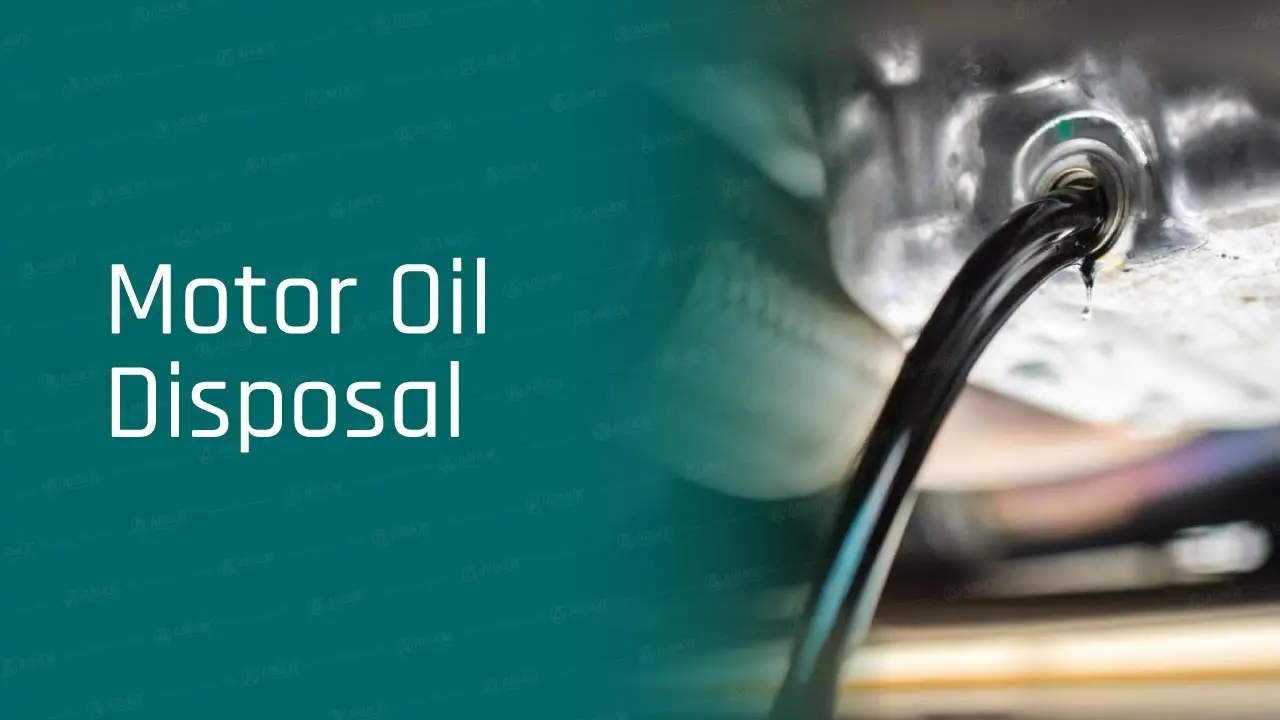
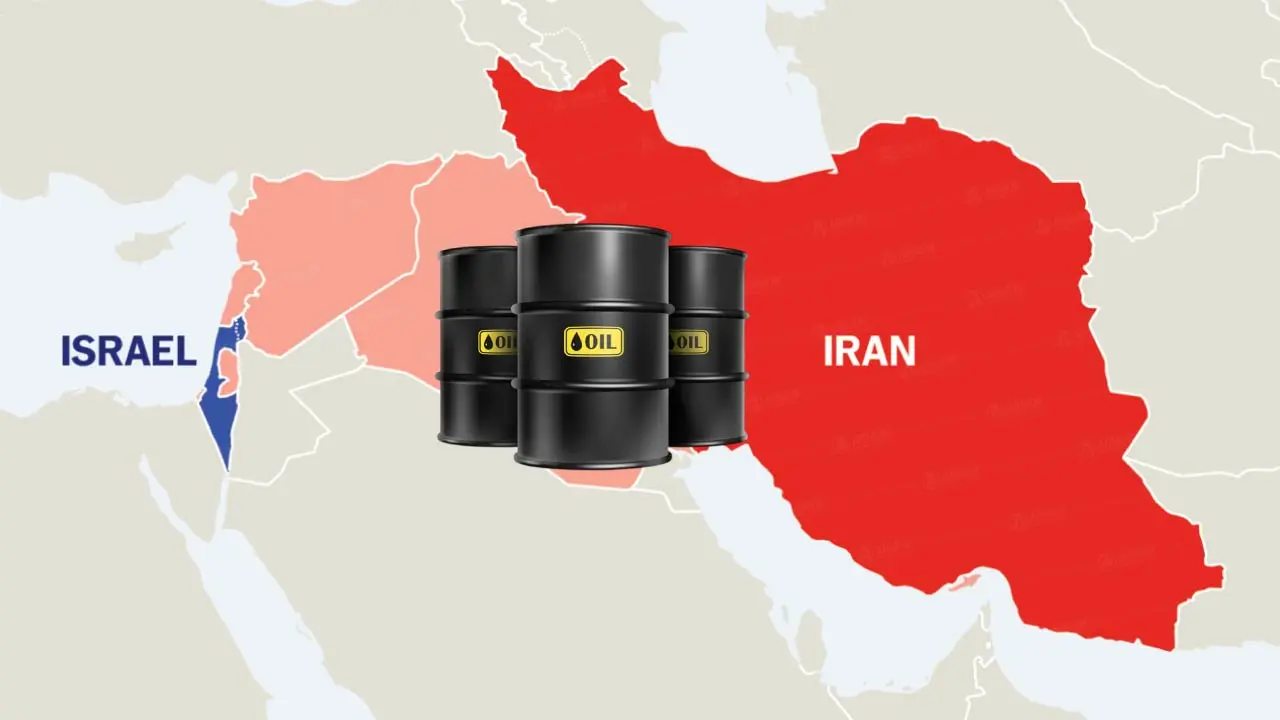
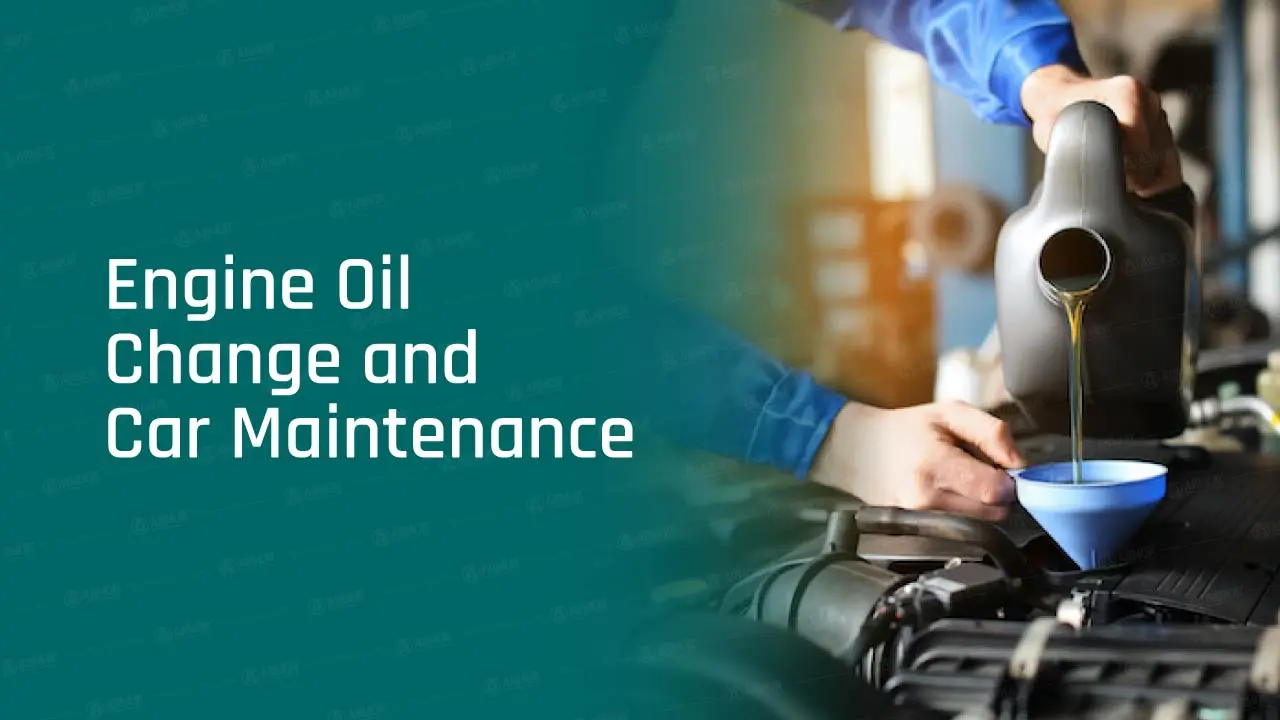
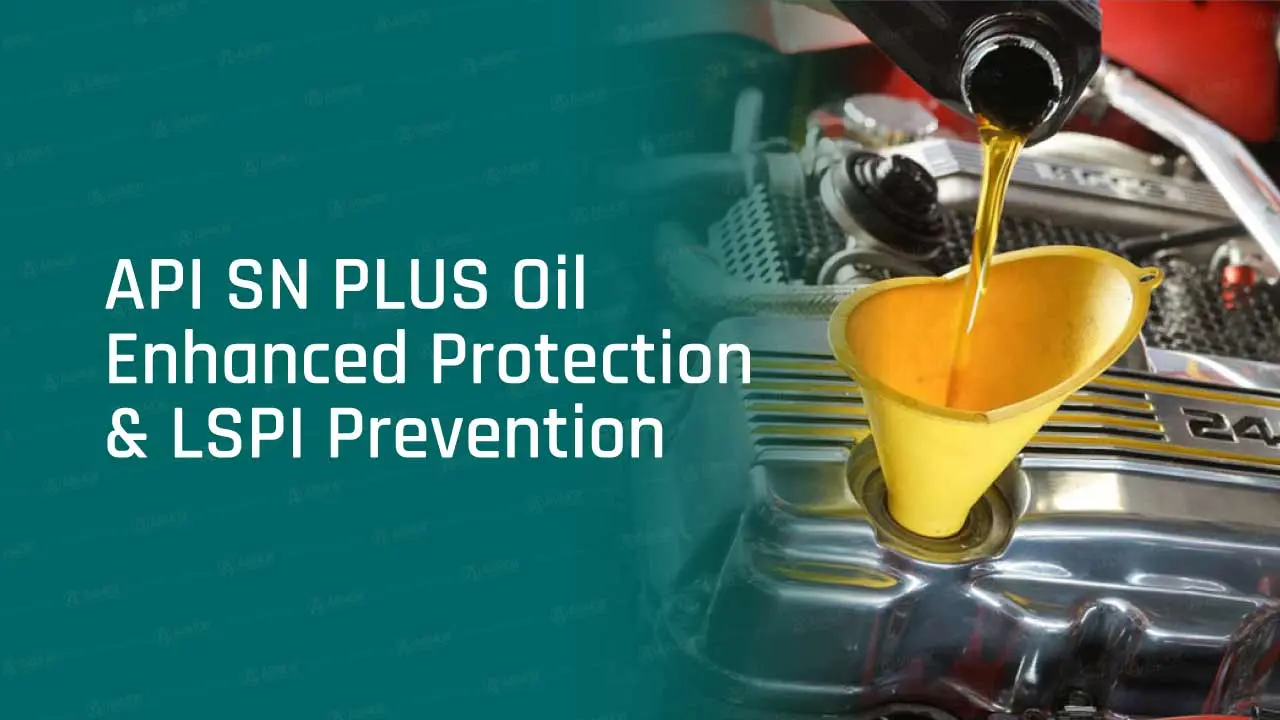
 Spear lubricants
Spear lubricants Armada lubricant
Armada lubricant Ace lubricants
Ace lubricants Perfect lubricants
Perfect lubricants Enzo lubricants
Enzo lubricants Lawrence lubricants
Lawrence lubricants